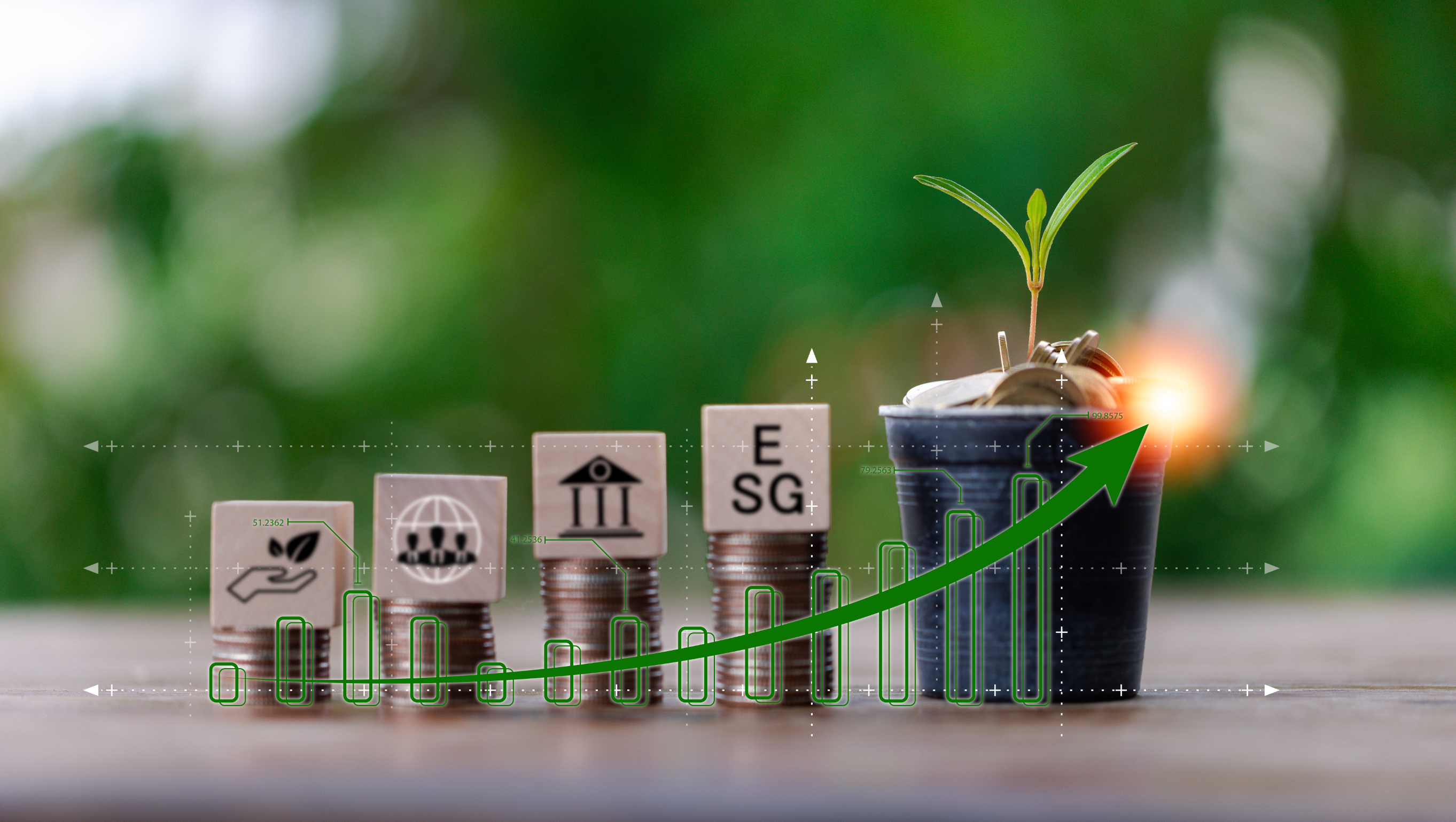HR and sustainability: Are we ready to lead the charge?

HR is at a crossroads when it comes to sustainability. A recent poll by HRM Asia revealed mixed opinions on HR’s preparedness to lead the charge in driving organisational sustainability. While 27% of respondents believe it is a natural fit, 41% see a need for more support, and 23% highlight a skills gap.
Gwen Lockington, Head of HR, Asia and India, National Basketball Association (NBA), was one of the poll participants who voted for skills gaps. She emphasised the importance of integrating sustainability with business strategy, and told HRM Asia, “Organisational sustainability represents a key opportunity for HR functions. However, the capacity for impact requires an understanding of how sustainability concepts can be integrated with business strategy and outcomes; in fact, for many industries, doing so is non-negotiable.”
Lockington advocates for HR professionals to develop business acumen and build partnerships with sustainability experts. Exposure to relevant communities and events is key, not just for staying informed, but also for understanding the “why” behind sustainability initiatives.
The path forward, according to Lockington, involves a strategic approach that leverages HR’s understanding of the organisation’s current and future direction. She said, “A key first step is to determine how a sustainability strategy could be a differentiator for business, leveraging knowledge of the current business and future direction and which sustainability practices have the potential for impact. In addition, leveraging partnering skillsets to bring stakeholders together to share perspectives and ideas, identify change scope and build consensus is key.”
“With a strategy defined, HR has a leading role in how it will be reflected in the employee experience, including assessing talent requirements, enablement and change execution to ensure a collective understanding of the mission by employees who are equipped with the right tools to be impactful contributors.”
Another recent HRM Asia poll focused on the specific areas HR should prioritise for driving environmental, social, and governance (ESG) initiatives within the organisation. Here, a resounding 79% of respondents voted for building a sustainable culture. Ari Tjahjanto, General Secretary of the International Society of Sustainability Professionals (ISSP) Indonesia Chapter, and General Secretary of the Association of Indonesian Organisation Development Professional (AIODP), emphasised culture’s role in shaping behaviours and fostering values that drive ESG efforts.
READ MORE: HR’s green revolution: How they are leading the sustainability change
Tjahjanto highlighted the importance of psychological safety and inclusivity in a sustainable culture. When diverse perspectives are valued and employees feel empowered to share ideas, it leads to innovative solutions for complex sustainability challenges.
“Embracing a growth mindset keeps organisations open to new knowledge and approaches, essential for continuously improving sustainability efforts,” he concluded. “Ultimately, cultivating such a culture is a collective responsibility, requiring leadership commitment and active participation from all stakeholders.”



